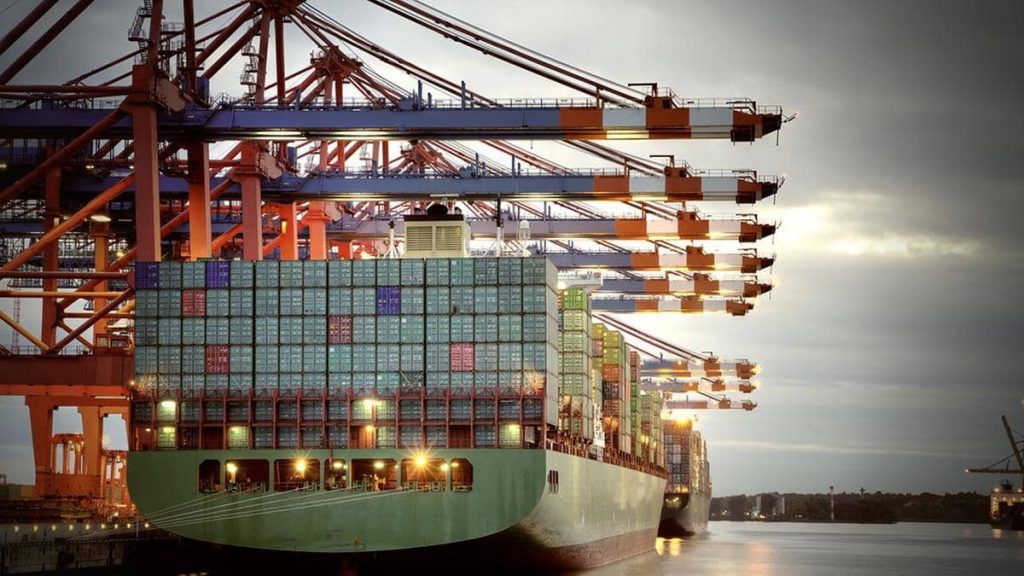The commercial ans economic relationship between the United States and China has profound consequences, highlights a report from the United States Trade Representation (USTR).
As the two largest economies in the world, the bilateral relationship affects not only the two participants, but the entire world.
The Administration of President Joe Biden recognizes that this relationship is complex and competitive.
With regard to trade, competition must be fair.
But the USTR says China’s approach to trade creates friction in many of China’s trade relationships, not just those with the United States.
“China, as a large, non-market economy, is uniquely able to distort the marketplace through unfair, anticompetitive practices, which harm workers and businesses in the United States and in other countries, including some of our closest allies and partners,” says the USTR.
By unduly concentrating the production of certain goods in China, these non-market policies and practices also, according to the US government, undermine the resilience of the supply chain and hurt consumers who are ultimately deprived of innovation and the options that fair competition would produce.
Economic relationship
For the USTR, China employs a wide range of unfair and distorting measures that provide substantial support to Chinese industries throughout the economy, often in pursuit of specific targets in terms of production, capacities and market share.
China has also limited market access for imported goods and services and restricted the ability of foreign manufacturers and service providers to do business in China.
Furthermore, under the USTR, China has used various, “often illicit” means to obtain foreign intellectual property and technology to achieve its industrial policy objectives.
The same report adds that China fails to provide its people with the most basic labor rights, including the right to organize and bargain collectively.
“Low operating costs resulting from artificially low wages and poor worker protections remain some of the key reasons why companies have chosen to offshore production there,” the USTR says.
Furthermore, «the use of state-sponsored forced labor, including in the Xinjiang Uyghur Autonomous Region, is an affront to human dignity and yet another example of China’s unfair economic practices.»
Answer
The Biden Administration’s approach to China is and will remain deliberative, with a long-term focus.
It begins with the innovative domestic investments enacted through the President’s Build Back Better agenda, which allow the United States to engage and compete with China from a position of strength.
In addition, the USTR argues, the United States is taking steps to build supply chain resilience that will protect American workers and consumers from harm caused by China’s «trade and economic abuses.»
The United States, too, is considering all existing tools, and will potentially pursue new ones as needed, to combat the harms of China’s state-directed non-trade practices.
«The ability to defend against unfair Chinese practices requires that market economies act in concert to confront policies and practices that are fundamentally at odds with a global trading system based on market competition,» the USTR concludes.
![]()

